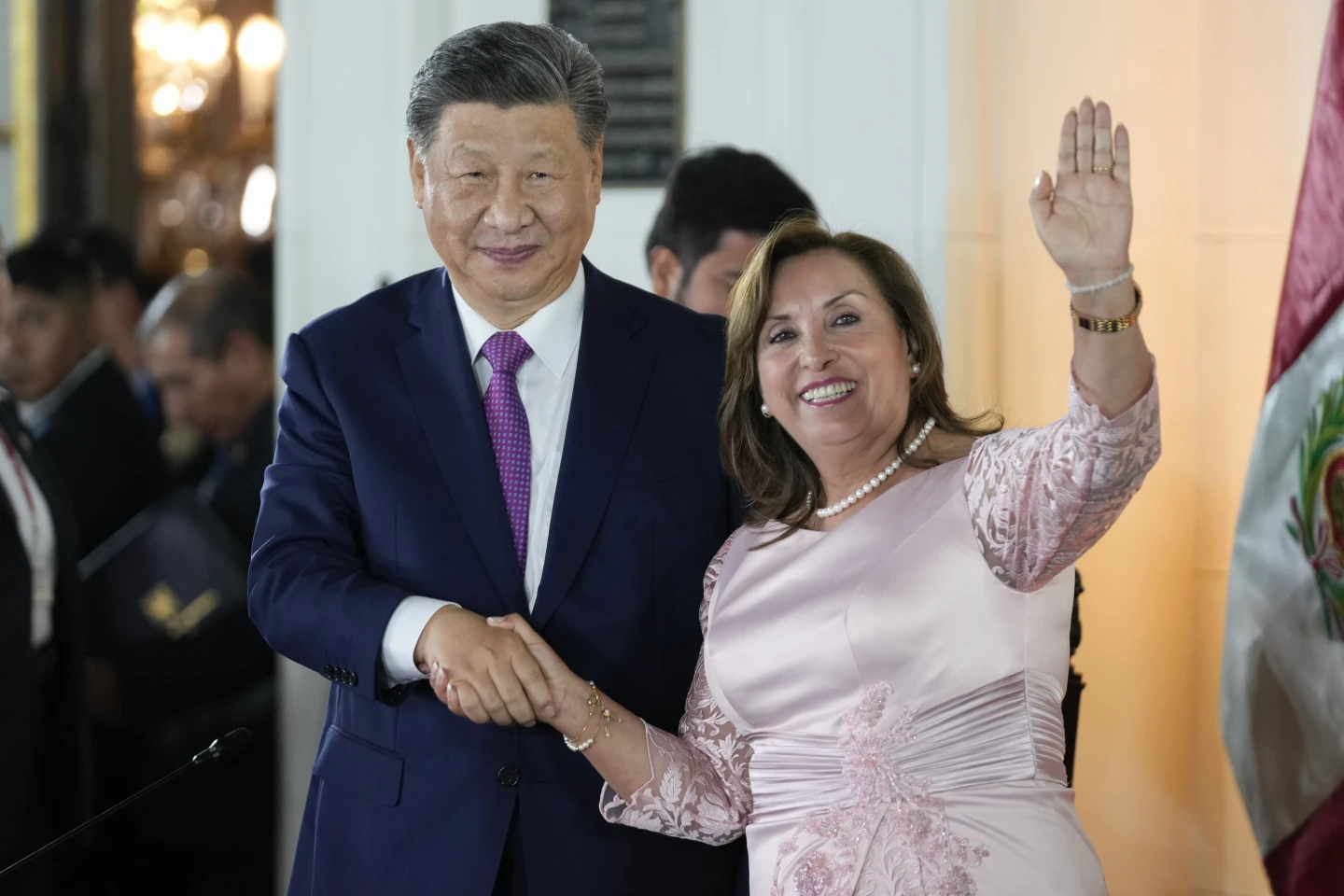Germany Suspends New Weapons Exports to Israel Amid Legal Challenges and Internal Disagreements

Germany has temporarily stopped the approval of new export licenses for weapons of war to Israel, Reuters reports, citing a senior government official. This move comes in response to growing legal and political pressure stemming from cases alleging that such exports violate international humanitarian law.
While the Ministry of Economy has not officially confirmed the news, government spokesperson Steffen Hebestreit clarified that this does not constitute a full boycott of arms exports to Israel.
“There is no German arms export boycott against Israel,” he said.
This development follows a major increase in German arms exports to Israel last year, reaching €326.5 million, a tenfold rise compared to 2022. However, approvals for such exports have significantly dropped this year, with only €14.5 million approved from January to August 21. Of that amount, only €32,449 belonged to the “weapons of war” category.
The government’s decision to halt approvals comes amidst ongoing legal challenges, including a case before the International Court of Justice (ICJ) and another in Berlin brought by the European Center for Constitutional and Human Rights. Both cases argue that German arms exports to Israel violate international humanitarian law. While no case challenging such exports has yet succeeded, the legal scrutiny has undoubtedly contributed to the current pause.
The issue has also sparked friction within the German government. While the Chancellery maintains its support for Israel, the Greens-led economy and foreign ministries, sensitive to criticism from their own party members, have expressed growing concerns about the administration of Israeli Prime Minister Benjamin Netanyahu.
The halting of arms exports to Israel echoes similar developments in other countries. The United Kingdom recently suspended 30 out of 350 licenses for arms exports to Israel due to concerns about potential violations of international humanitarian law. In February, a Dutch court ordered the Netherlands to halt all exports of F-35 fighter jet parts to Israel over similar concerns.
The United States, while initially pausing the shipment of some bombs to Israel over concerns about their use in densely populated areas in Gaza, ultimately resumed the shipments, citing Israel’s need for self-defense.








